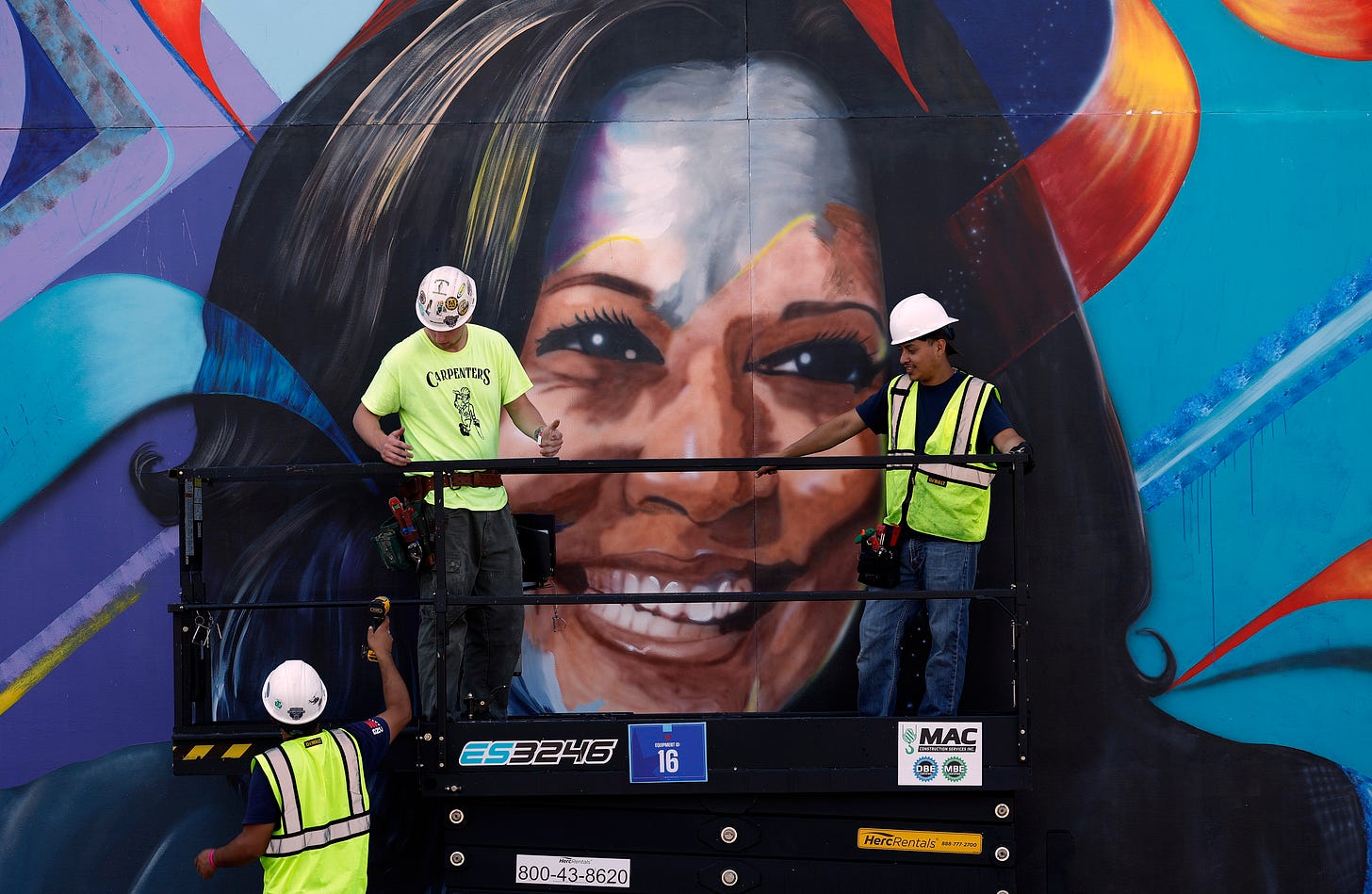We’re All Populists Now
Both parties are ready and eager to disregard expert advice in crafting policy. What could go wrong?

Nearly a decade into a political era defined by populism, we still don’t use the term in a consistent way. Over the past few days, though, as the presidential campaign of Kamala Harris prepared for the start of the Democratic convention in Chicago, we caught a glimpse of what populism has come to mean to the country’s party of the center-left. When combined with what we’ve been hearing from Republicans since Donald Trump look over the GOP in 2016, we appear to have a working definition that promises to clarify the character of our populist present:
Populist politics defies experts in favor of deferring to the people (the voters).
The reason why such a politics still seems disorienting to so many of us is that we just lived through several decades when highly credentialized experts enjoyed uncommon levels of deference. This was the highwater mark of technocratic-managerial neoliberalism. What should the president do about an economic problem? Talk to economists and follow their advice. What about a foreign policy crisis unfolding abroad? Talk to experts ensconced in Washington’s many think tanks devoted to international affairs. The same holds for any area of policy. Whatever the problem, solving it involves finding the experts, listening to what they say, and then going along with their recommendations.
But not anymore. Or at least not consistently. The experts are still around, and they are still shown respect by journalists who focus on national politics. But they don’t have the political clout and don’t exercise the overwhelming influence they once did. This is true in both parties. And taking note of it is crucial for understanding where we are and where we’re going.
Keep reading with a 7-day free trial
Subscribe to Notes from the Middleground to keep reading this post and get 7 days of free access to the full post archives.




